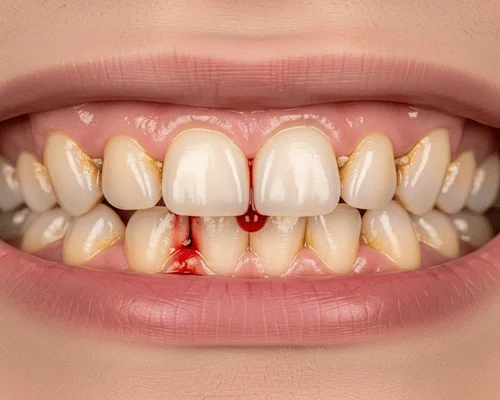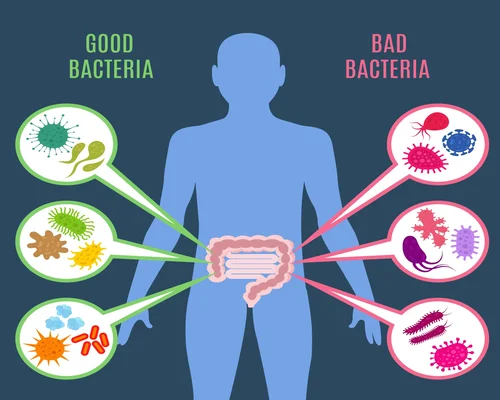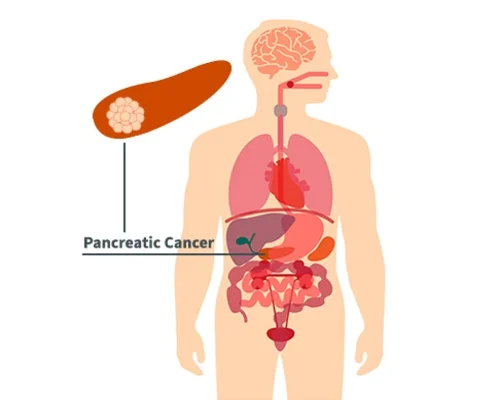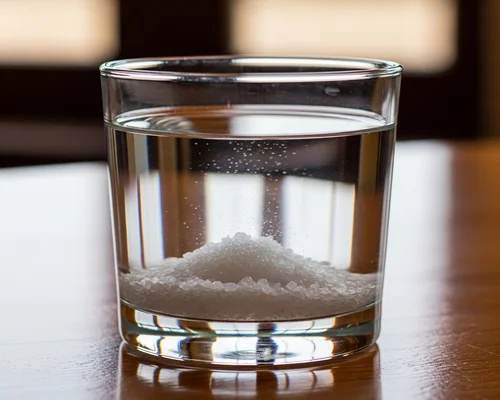
Why does cholesterol increase, what should be done to control it?
Why does cholesterol increase, what should be done to control it?
Cholesterol or harmful fat poses a major risk of heart disease. In this case, awareness and disciplined lifestyle changes are important. If necessary, medication should be taken under the advice of a doctor. High cholesterol is known as the silent killer. Heart disease caused by it is one of the leading causes of death worldwide.
Cholesterol is a fatty substance present in the blood. Although it is essential for important functions such as cell production, excess cholesterol is harmful. Even if there are high cholesterol, there are usually no symptoms. However, it silently accumulates in the arteries and forms plaque, narrowing the blood vessel passage and restricting blood flow. Heart disease occurs when plaque accumulates in the coronary arteries that supply blood to the heart and blood flow is reduced.
Due to the accumulation of plaque in the arteries, the flow of oxygen-rich blood to the heart is limited. This can result in chest pain (angina) and in severe cases, if the clot completely blocks the blood flow, it can cause a heart attack.
Why does cholesterol increase, what to do
Several factors can increase cholesterol levels. Such as genetic or hereditary factors, poor diet, sedentary lifestyle without physical activity, smoking and being overweight.
However, high cholesterol can be prevented. It is treated. A healthy lifestyleósuch as eating a balanced diet, exercising regularly, avoiding tobacco and maintaining a healthy weight can reduce the risk to a great extent. Fried foods, trans-fatty foods, excess oil-ghee-butter should be avoided. Plenty of fresh vegetables should be eaten.
Effective home remedies to reduce cholesterol
A lipid panel or profile should be checked regularly in the blood. The desired level of lipids may differ between a healthy person and a person at risk. If there is a history of heart disease, diabetes, high blood pressure, angina or a previous heart attack or stroke, the desired level of lipids will be even lower. Therefore, a doctor should be consulted to review the results of the lipid profile and effectively control cholesterol.




-vegetable.webp)






















